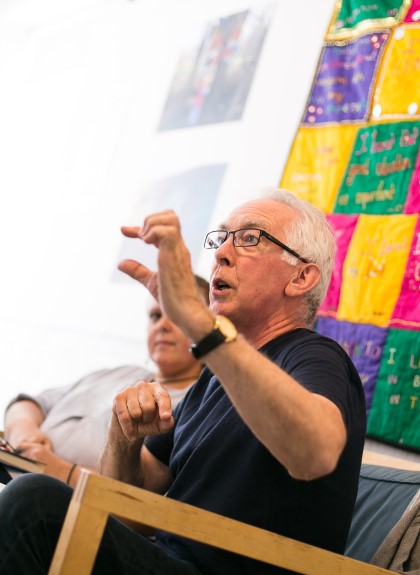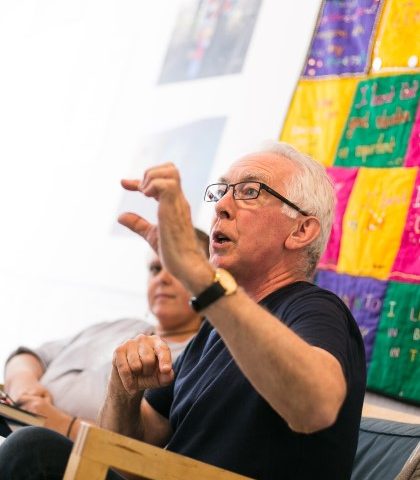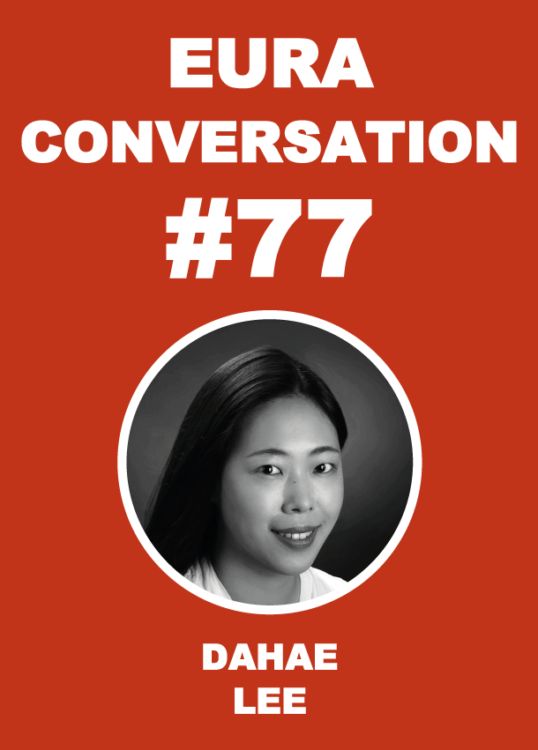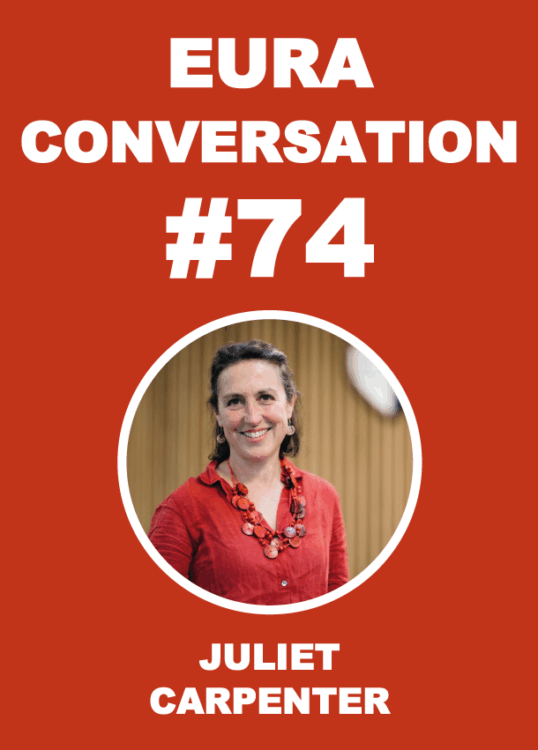
EURA 2022 – Programme available
16/05/2022
Academy for Territorial Development – Call for contributions
17/05/2022#44 Successful public protest
How toppling the statue of a slave trader had a wider impact
by Robin Hambleton, University of the West of England, United Kingdom

The COVID-19 lockdowns reminded us of the important contribution that public space makes to the quality of life in cities. Several contributors to this series – for example, Isabelle Bray and Dannielle Sinnett – explain how public space improves our health and wellbeing.
It is also the case that squares, parks, and civic spaces, because they provide settings for public protest, play a vital role in supporting urban democracy.
It is worrying that some governments have used lockdown rules and regulations to erode freedom of expression in urban streets and public spaces – see, for example, Evangelia Athanassiou and Dimitris Chalastanis.
Whilst ‘the right to the city’ is under threat I want, in this contribution to provide an example of how public protest in a particular city can be remarkably successful.
In EURA Conversation 28, I explained how Black Lives Matter protesters in Bristol, enraged by the killing of George Floyd by police officers in Minneapolis, USA in May 2020, decided it was time to remove the statue of the prolific slave trader Edward Colston from a public square in the centre of the city.
Edward Colston, a wealthy Bristol merchant, was a member of the Royal African Company from 1680-1692. Rising to a position at the head of the Company, he played a key role in enslaving over 80,000 Africans with 20% of them dying, on the so-called ‘middle passage’ across the Atlantic.
On 7 June 2020 thousands of citizens participated in a major public demonstration in Bristol. Photographs of the bronze statue of the slave trader being thrown into the harbour were to ensure that this peaceful protest had a global impact.
Marvin Rees, Mayor of Bristol, exercised inspirational city leadership during the summer of 2020. He explained how he did not condone the criminal damage but, at the same time, explained that the existence of the statue caused great offence to many Bristol citizens. He set up an independent History Commission to consult citizens about what to do with the damaged statue.
Fast forward to the jury trial, in January 2022, of the four anti-racism campaigners who played a key role in toppling the statue. There was clear CCTV evidence showing that the ‘Colston Four’ had pulled down the statue and, indeed, the defendants did not dispute this. Rather they argued that their actions were justified for two main reasons. First, the statue was so offensive that it constituted a hate crime and, second, that previous efforts to negotiate the removal of the statue had failed.
In a landmark judgement the jury found the defendants not guilty of criminal damage. After a nine-day trial, featuring lengthy witness statements by historical experts, the jurors concluded that the real crime was that the statue was still there when the protesters pulled it down.
Conservative MPs were appalled by this decision and, more broadly, with the successes of other public protest movements, notably Extinction Rebellion. A consequence is that the right to peaceful protest is now under serious threat in the UK. On 10 May 2022 the British Government announced a programme of legislation that includes a new public order bill aimed at quashing the tactics of those engaged in public protest.
Recall, however, that the ‘Colston Four’ won their legal case, and they cannot be retried. As Sage Willoughby, one of the defendants, said on the day the verdict was announced: ‘This is a victory for Bristol. This is a victory for racial equality and it’s a victory for anybody who wants to be on the right side of history’.
In the next contribution to the EURA Conversations series on Covid-19, Fabio Naselli, Epoka University, Albania, will give his point of view on the future of Tirana.






